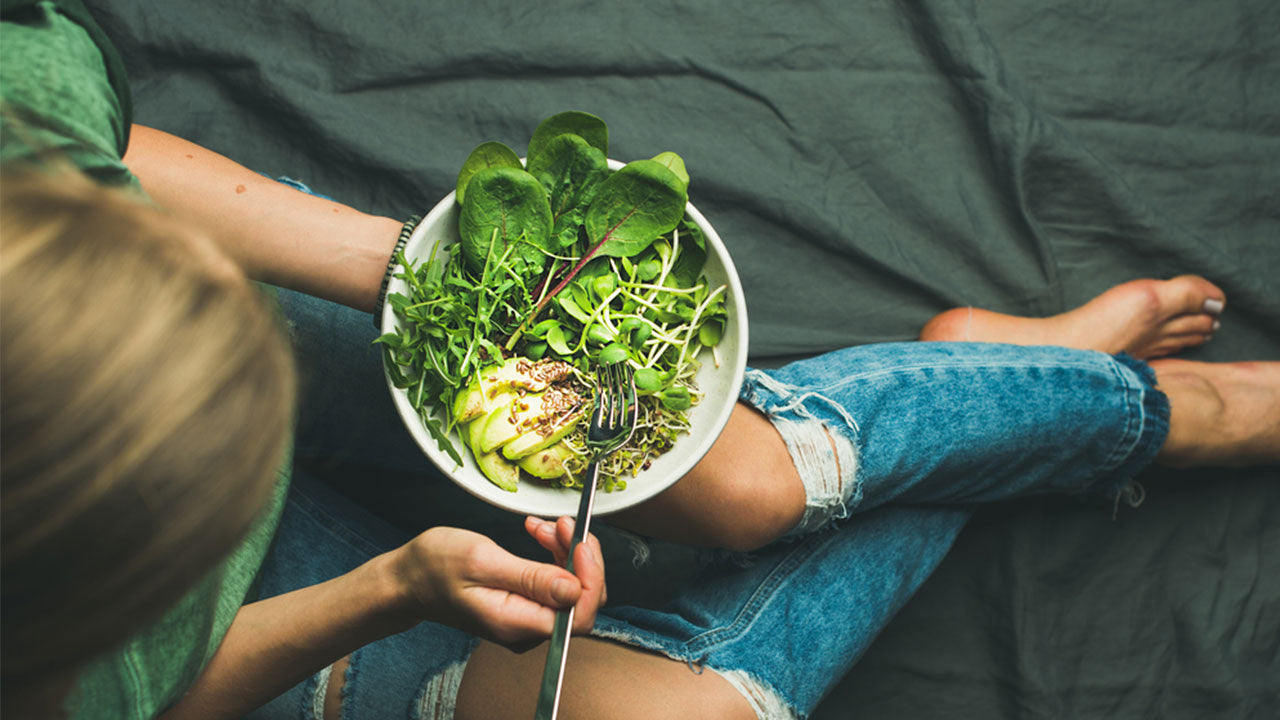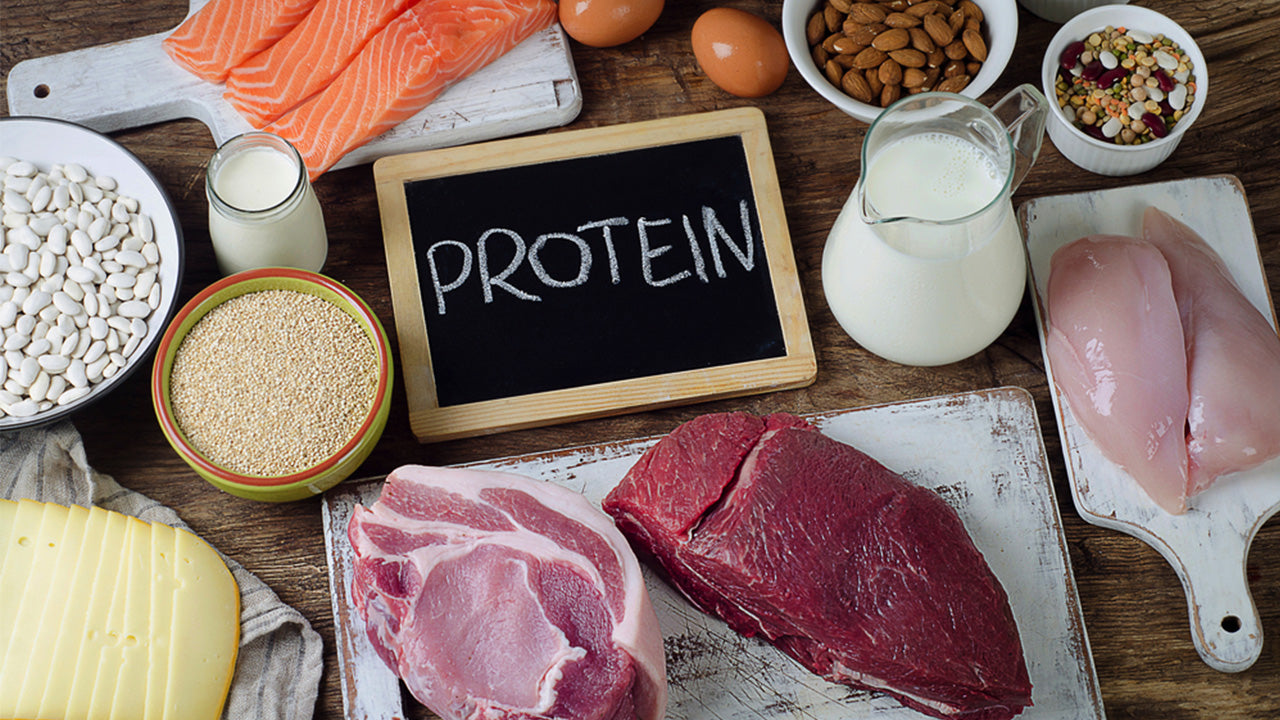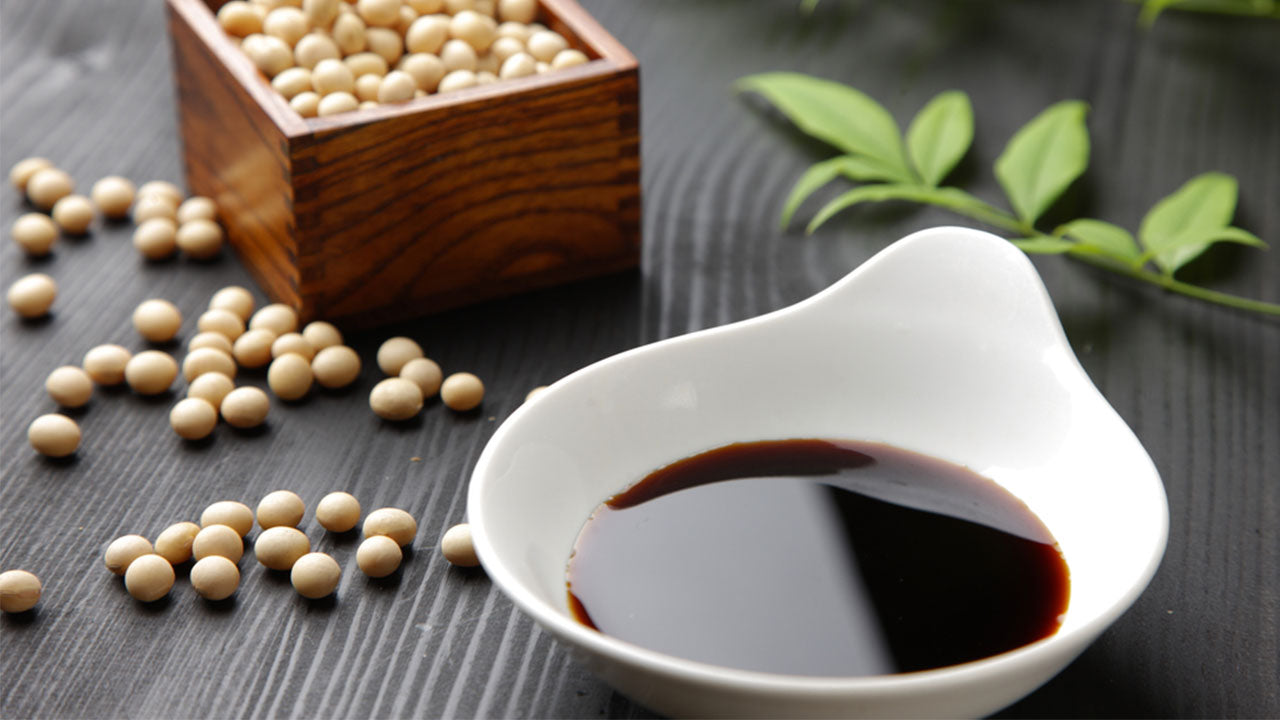Top 24 Vegetarian Protein Sources
 By: by Amino Science
By: by Amino Science

The quest for vegetarian protein sources is an important one. Protein and amino acid deficiency can lead to muscle loss, delayed healing, difficulty concentrating, and increased levels of depression and anxiety. When your body's lacking what it needs, you won't feel right, and you'll know it.
This is why it's important to make sure you get the protein intake you need from a vegetarian diet. Incomplete proteins like whole grains, produce, and nuts can do the job in concert with one other, but there are some foods that contain all nine essential amino acids required for proper human functioning: complete proteins.
We’ve assembled a list of the best vegetarian proteins below. Any of these foods will help ward off the symptoms of protein deficiency, but the complete protein foods listed at the end are for those who want to do some one-stop shopping when it comes to their amino acids intake.

Nuts and Seeds
We've compiled some of the healthiest and handiest snacks around.
1. Hemp Seeds
Rich in omega-3 fatty acids, hemp seeds are a protein source that can aid against obesity, metabolic syndrome, and heart disease. Hemp seeds are small sources of fiber that can be easily added to just about any food—stirred into oatmeal, blended into a protein shake or smoothie, or even sprinkled onto a salad. With 3.3 grams of protein per tablespoon, this is an easy ingredient to include in the foods and meals you already eat.
2. Almonds
Full of the amino acid arginine, almonds as a snack can contribute to healthy weight loss and fat burning, reduce the risk of heart disease, and curb hunger. With 6 grams of protein per ounce, almonds are also a source of nutrients that contribute to brain health, like vitamin E, folate, and carnitine, known for its neuroprotective benefits.
3. Cashews
Another conveniently healthy snack, cashews are an excellent resource for minerals like copper, manganese, magnesium, and phosphorus. With a fair amount of vitamin K, cashews also contain biotin, which is used for hair and nail health, and they have 5 grams of protein per ounce.
4. Pumpkin Seeds
Pumpkin seeds contain magnesium, phosphorus, zinc, antioxidants and 9 grams of protein per ounce. Containing the amino acid arginine, pumpkin seeds can help in situations of hair loss, and can be eaten raw or baked with added flavors like honey (for sweet) or garlic powder (for savory).
Beans and Legumes
Here are some hardy foods to add substantial protein to your diet.
5. Lentils
Lentils are a complete protein, but there's a catch: they contain all nine essential amino acids, but they don't contain sufficient methionine to meet ideal amino acid intake. Just 1 cup of lentils has 18 grams of protein, the same amount as three eggs. With a high-fiber content, lentils are filling when eaten and slow down digestion in a way that could help blunt spikes in blood glucose (a contributing factor to the development of type 2 diabetes).
6. Black Beans
With 39 grams of protein per cup, black beans are a heavy hitter in the protein department and a terrific way to meet your copper, manganese, vitamin B1, phosphorus, magnesium, and iron needs. Black beans are a great way to add valuable density to a pot.
7. Chickpeas
Chickpeas, also known as garbanzo beans, are legumes high in the amino acid lysine as well as fiber, iron, folate, zinc, phosphorus, and B vitamins. Just 1 cup of chickpeas has 39 grams of protein. Extremely popular in the form of hummus, when eaten with pita bread, that combined snack can become a complete protein.
Protein-Rich Grains
These modern and ancient grains are the staff of life.
8. Amaranth
An ancient grain that is naturally gluten free, amaranth offers up digestive fiber and calcium. Porridge-like when cooked, it is a particularly healthy replacement for or addition to morning cereal and oatmeal. It provides 9 grams of protein per cup.
9. Teff
A lesser-known ancient grain from the Ethiopian region, Teff is full of essential amino acids, vitamin C (quite unusual in a grain), and calcium. With 10 grams of protein per cup, again it could replace or enhance a bowl of oatmeal, a helping of grits, or a side of rice.
10. Triticale
Triticale is another whole grain (wheat-rye hybrid) with 24 grams of protein per cup and rich in iron, potassium, magnesium, and fiber. Triticale can be used instead of traditional baking flour in recipes.
Fruits and Veggies
Vitamin-rich vegetables and even some fruit can provide protein.
11. Spinach
With 5 grams of protein per cooked cup, spinach has almost the equivalent amount of protein as a hard-boiled egg (at half the calories). Eating spinach raw or steamed maintains the maximum amount of nutrients, namely high amounts of carotenoids, vitamin C, vitamin K, folic acid, iron, and calcium.
12. Tomatoes
Tomatoes contain lycopene, an antioxidant that may reduce your risk of bladder, lung, prostate, skin, and stomach cancers, as well as your risk of coronary artery disease. With 6 grams of protein per cup, tomatoes provide fiber and calcium and make a refreshing addition to many salads, sandwiches, and salsas.
13. Guava
This high-protein fruit has more than 4 grams of protein per cup. Along with fiber, guava has over 600% of your daily recommended vitamin C (about seven oranges worth). A brightly colored and delightfully zesty treat to include in any diet.
14. Artichokes
Artichokes are a good source of niacin, magnesium, potassium, copper, vitamin C, vitamin K, and folate. With about 10 grams of plant protein per cup, it has one of the highest protein yields among vegetables, and the artichoke has nearly twice the fiber of kale.
15. Peas
A high-protein food with 8 grams of protein per cup and nearly 100% of the daily recommended amount of vitamin C, peas add a tantalizing texture to salads and mashed potatoes. Of course, they're also enjoyed as a side dish all on its own. You can even mash them up for baby food, or flavor that mash and use it as a veggie spread for your morning toast.
Complete Proteins
Here's the good stuff, the protein sources that contain all nine essential amino acids needed in your diet.
16. Quinoa
With 8 grams of protein per cup, quinoa is an ancient grain with wide modern popularity, included in over 1,000 products on the market and regularly showing up in strange places (like wrapped around a sushi roll or pressed into a veggie burger). With a mild flavor, quinoa can be seasoned to a variety of taste preferences and is an excellent source of unsaturated fats and fiber. Along with the nine essential amino acids, quinoa also contains the amino acid L-arginine, shown to promote muscle over fat gain in animal studies (let's hope that proves true for the most dangerous game animal of all: humans!). In fact, quinoa contains about a dozen amino acids, making it a wonderful alternative to carbs like couscous or rice.
17. Soybeans
Soybeans and soy products like tofu and soy milk all contain protein: steamed soybeans have 8 grams per cup, tofu 20 grams per cup, and soy milk 4 grams per cup. Soy foods offer cardiovascular benefits, help prevent prostate and colon cancer, decrease hot flashes for women in menopause, and guard against osteoporosis. Tofu particularly can be formed and flavored to fit a variety of recipes.
18. Buckwheat
With 6 grams of protein per cup, buckwheat is a gluten-free seed full of fiber (more than the amount found in oatmeal) and magnesium, a mineral that’s important to metabolism. Buckwheat is not a wheat but a versatile cousin of rhubarb that can nevertheless function as a pancake mix, be formed into Japanese soba noodles, or be eaten as porridge.
19. Ezekiel Bread
Sprouted bread or Ezekiel bread has 4 grams of protein per slice and is made with the sprouted grains and legumes wheat, barley, lentils, beans, spelt, and millet. It contains 18 amino acids, including all 9 essential amino acids, which is not even close to true for most bread products. With one sandwich on Ezekiel bread you can gain 8 grams of protein during lunch alone.
Fun fact: Ezekiel bread is named after this passage in the Bible from Ezekiel 4:9: “Take wheat, barley, beans, lentils, millet, and spelt, put them in one vessel and make them into bread for yourself.” Intended as a last resort to make bread when a besieged Jerusalem was running low on supplies, it turned out to be a fantastic recipe fit for modern times, and an extraordinarily nutritious food.
20. Spirulina
Used as a whole food or dietary supplement, the vibrantly green spirulina is a biomass of cyanobacteria that can be eaten by humans and other animals. With 4 grams of protein per powdered teaspoon, it also provides the B vitamins B1 (thiamine), B2 (riboflavin), and B3 (niacin), along with copper, iron, magnesium, potassium, and manganese. An odd taste at first, spirulina can nevertheless be added to a variety of foods for the bevy of benefits it provides.
21. Quorn
Developed in the U.K. in the 1980s from a fungus relative of mushrooms and truffles, Quorn is often used as a faux meat in the form of tenders, burgers, and lasagna filling. With over 20 grams of fiber per cup, this product contains all nine essential amino acids.
22. Peanut Butter
With 65 grams of protein per cup, peanut butter is a tasty protein source that can be made into cookies, sandwiches, included in smoothies, and used as a spread on crackers or celery (add some raisins to make the classic "ants on a log" snack). Peanut butter also contains healthy fats and could prevent both cardiovascular and coronary artery disease. Choose the unsalted kind, with no hydrogenated oils or sugars added, and have a guilt-free treat!
23. Chia Seeds
With 2.5 grams of protein per tablespoon, chia seeds don't contain that much protein, but they can easily make up for it by providing all nine essential amino acids. Chia seeds can absorb moisture and become gel-like, making them a fun addition to pudding and smoothies, and the omega-3s in chia seeds can help reduce the risk of heart disease. They can be sprinkled over soups and salads, made into a chia seed pudding for dessert, and used as an egg replacement in vegan cooking recipes once they are fully hydrated.
24. Eggs
Speaking of eggs, this last item is for the ovo-vegetarians only, but too important to leave off the list entirely. Eggs are one of the most nutrient-filled protein sources around. With 6 grams of protein per egg, they contain the disease-fighting nutrients lutein and zeaxanthin and are a classic breakfast food whether they're prepared scrambled, sunny side up, baked into a quiche, or separated to make an egg white omelet. Along with being versatile as their own main ingredient (egg salad, deviled eggs, etc.), eggs are also a great binding element for cauliflower pizza dough or egg-washing cookies before baking.
Plentiful Vegetarian Protein Sources
A protein deficiency doesn't have to be a concern for those keeping to a vegetarian diet, and in fact, since plant-based sources of protein are so abundant, protein deficiency in vegetarian and vegan diets is actually quite rare. There are many ways to add enough protein to your diet that will support healthy weight loss, increase muscle mass, and improve your overall health and well-being.
On a deeper level, choosing complete proteins to include in one's diet gets down to the cellular level of wellness, providing the nine essential amino acids that only come to humans via dietary intake. The more you know about what your food truly provides to the human body, the more precise your choices (and recipes) will become.
While animal proteins are higher quality in that they contain an adequate balance of the essential amino acids our bodies need, some plant proteins are low in essential amino acids such as methionine, tryptophan, lysine, and isoleucine. If you're adhering to a plant-based diet, it's a good idea to supplement with an essential amino acid blend to improve the balance of essential amino acids and nonessential amino acids, especially if you don't want to have to think so hard about mixing and matching plant-based proteins to make them more complete.

Up to 25% off Amino
Shop NowTAGS: food
Join the Community
Comments (0)
Most Craveable Recipes




 833-264-6620
833-264-6620



















